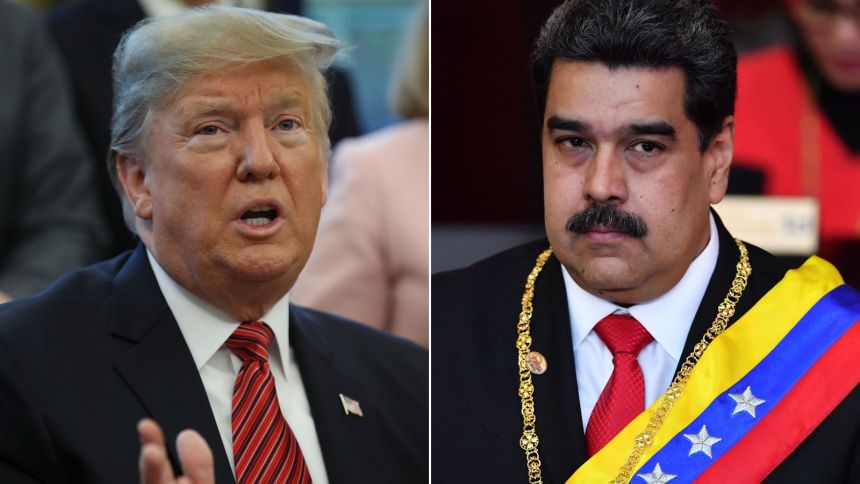Ahead of the 30th United Nations Climate Change Conference (COP30) in Brazil, President Bola Tinubu has approved the adoption of a National Carbon Market Framework and the operationalisation of the Climate Change Fund.
The initiative is expected to position Nigeria to participate more competitively in the global carbon market and unlock between $2.5 billion and $3 billion annually in carbon finance over the next decade, supporting national climate objectives.
The approvals followed a presentation by the Director-General of the National Council on Climate Change (NCCC), Mrs. Omotenyo Majekodunmi, at the Council’s second meeting held Thursday evening at the Presidential Villa, Abuja.
Represented by Vice President Kashim Shettima, President Tinubu said the move is part of efforts to ensure Nigeria maximises emerging opportunities in global carbon trading and strengthens its voice within the international climate framework.
He said Nigeria will approach COP30 with a clear agenda aimed at attracting financing for climate-resilient projects and related interventions, particularly through carbon credit mechanisms.
“Addressing climate change is not just an environmental imperative; it is an opportunity to unlock new investments, jobs, and innovations across our energy, agriculture, and industrial sectors,” the President said.
“Nigeria stands ready to take its rightful place as a global leader in climate action, ensuring that our voice and our reality are heard and respected in international negotiations.
“We have demonstrated this through our active participation in the UNFCCC process, our progress on implementing nationally determined contributions, and our efforts to mobilise climate finance for adaptation and mitigation across all levels of government.”
Tinubu reaffirmed that climate action will remain central to his administration’s development priorities, saying government will continue to champion policies that protect citizens, strengthen the economy, and position the country as a destination for green investment and innovation.
Earlier, Majekodunmi said the Council meeting was timely, noting that Nigeria’s conduct and decisions would shape the country’s global perception ahead of COP30 in Belém, Brazil.
She added that Nigeria is now eligible to access new tranches of climate finance from multilateral sources.
Presenting the Council’s progress report, she reiterated the need to adopt the National Carbon Market Framework, which would enable Nigeria to unlock the projected annual carbon finance inflow and activate the Climate Change Fund for the quick mobilisation and utilisation of funds.
Minister of Finance and Coordinating Minister of the Economy, Wale Edun, endorsed the Council Secretariat’s proposals, stressing the need for Nigeria to secure a competitive position in the evolving global carbon economy.
He pledged the support of his ministry, including coordination with its economic department, to host a quarterly Climate Finance Tracking Dashboard.






